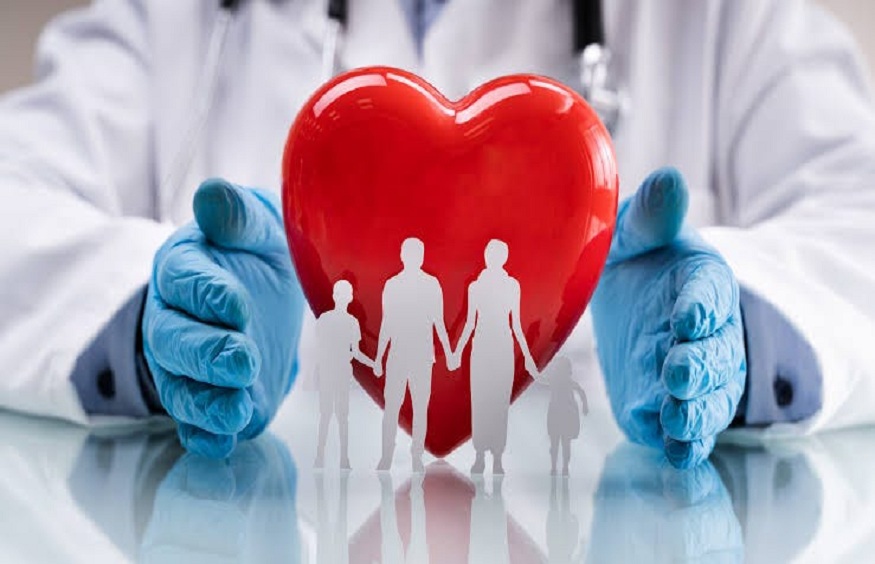Medical clinics play a vital role in the fight against HIV/AIDS. They serve as safe havens where people can access prevention tools and life-saving treatments. These clinics offer testing, counseling, and medication. They stand at the forefront of prevention efforts, reducing the spread of the virus. In places like Fairfield, diverse services are available, from HIV treatment to female hormone optimization fairfield. This multi-faceted approach ensures comprehensive care for everyone.
Testing and Early Detection
Early detection of HIV is crucial. Medical clinics provide accessible and accurate testing services. They help identify HIV cases early, allowing for prompt treatment. This reduces the virus’s impact on the body and helps prevent transmission. According to the Centers for Disease Control and Prevention, knowing one’s status is the first step in managing one’s health.
Counseling and Support
Receiving an HIV diagnosis can be overwhelming. Clinics offer counseling services to support people emotionally and mentally. Counselors provide guidance on living with HIV, managing stress, and maintaining relationships. Support groups are often available, offering a community of understanding peers. This emotional support is key to navigating the journey after diagnosis.
Treatment Options
Effective treatment is essential for managing HIV. Clinics provide antiretroviral therapy (ART), which helps control the virus and prevent progression to AIDS. ART improves the quality of life and extends life expectancy. Regular follow-ups at clinics ensure that treatment plans are working well. As stated by the National Institutes of Health, starting ART early can lead to better health outcomes.
Prevention Strategies
Clinics also focus on prevention strategies. They provide education on safe practices to reduce transmission. Clinics offer preventive measures like pre-exposure prophylaxis (PrEP) and post-exposure prophylaxis (PEP). These medications significantly lower the risk of contracting HIV. By spreading awareness and providing resources, clinics contribute to prevention efforts.
Community Outreach Programs
Outreach programs are vital in reaching underserved populations. Clinics often partner with local organizations to educate communities about HIV prevention and treatment. These programs aim to reduce stigma and encourage testing. By bringing resources directly to communities, clinics help ensure that everyone has access to necessary care.
Comparison Table: Services Offered by Medical Clinics
| Service | Description |
| Testing | Early and accurate diagnosis of HIV |
| Counseling | Emotional and mental health support |
| Treatment | Antiretroviral therapy to manage the virus |
| Prevention | Education and medication to prevent HIV |
| Outreach | Community programs to reduce stigma and spread awareness |
Conclusion
Medical clinics are indispensable in the fight against HIV/AIDS. They provide essential services that span from testing to treatment and prevention. By offering comprehensive care, clinics help manage the health of those living with HIV and prevent further transmission. As these clinics continue to evolve and expand their services, they remain a cornerstone in global efforts to combat this virus.

